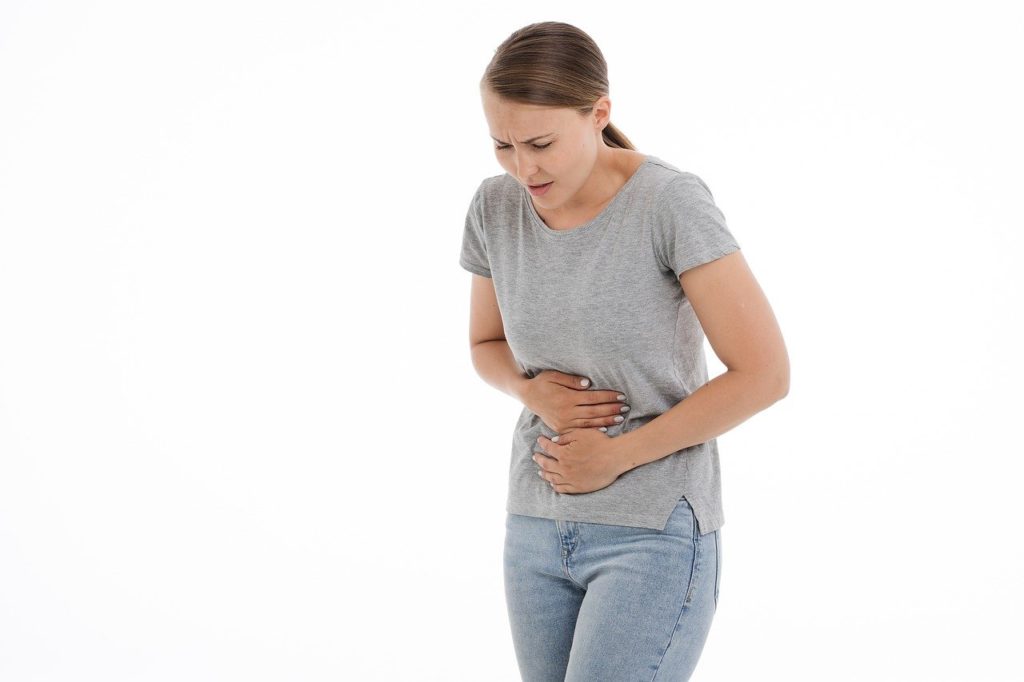Gastroparesis is the medical term for when the stomach doesn’t empty like it should. This is a condition often caused by some other type of illness or disruption in the body. Often times it is due to the nerves not working correctly, which impairs the firing of the muscles that move food along the digestive tract. This can lead to several bothersome symptoms, including nausea, bloating, sense of fullness, reflux, and in severe cases, vomiting. The end result is that many people who suffer from gastroparesis lose their desire to eat and end up suffering from malnutrition and unintentional weight loss.
If you have been diagnosed with gastroparesis, you have probably been wondering, “Now what do I do? How am I supposed to eat if my stomach doesn’t empty?”
The good news is that if you are careful with how to you eat, you can usually decrease your symptoms dramatically. That’s because, with gastroparesis, your stomach will eventually empty, just not as quickly.
It’s important to understand that not all foods digest at the same rate. So, if you understand what foods to eat and when, you can help your system function better. Here are a few overall guidelines that can help:
- Eat smaller amounts more frequently. Avoid putting a lot of food in your stomach at once.
- Stay upright for 30-60 minutes after eating (if possible) to allow gravity to help pull the food through your system. A light walk, or any kind of gentle activity, can also help. Avoid sitting hunched over after eating.
- Chew foods well so that your food is more broken down by the time it gets to your stomach. Blending foods (especially those high in fiber) can also be beneficial.
- Drink water with meals to liquify the contents of your stomach.
There are also a few types of foods you want to pay attention to, as they take longer to digest and will tend to delay the stomach emptying. This doesn’t mean you should avoid them altogether, because they are an important part of a healthy diet. However, it can make symptoms worse if you consume a lot of these foods, especially at one sitting. Some of these foods include:
- Insoluble fibers, which are found primarily in raw veggies, fruits, and grains.
- Protein, especially from tougher meats. Liquid proteins will generally digest faster.
- Fats, especially deep-fried foods and those with a lot of added oils. (Foods that naturally contain more fat are generally a little easier to digest as long as consumed in small portions. Examples of this are salmon, avocado, and nuts.)
I know you are probably thinking, “But…that’s all the good stuff!” And yes, you are correct – there are lots of yummy foods on that list. Just remember that these guidelines aren’t strictly black and white, because food isn’t that way either. It’s a matter of balance, and not eating a lot of those foods all at the same time, or in large quantities. Also, you will likely find that some foods bother you more than others, so the guidelines you follow should be tailored for your specific situation. Not everyone’s body is going to respond the same way, because it also depends upon what is causing the gastroparesis. However, with a little time and patience, you will likely discover which foods work for you and which don’t.
I was diagnosed with gastroparesis several years ago, so I know how frustrating this condition can be. Fortunately, my symptoms have dramatically improved, and I feel great most of the time, provided I avoid overeating. That’s why I know that there is a light at the end of the tunnel for those who are suffering! Gastroparesis can be difficult, but there are things that be done both with diet modification and medical treatment to manage it. In my experience, if you simply pay a little more attention to what you eat, you will make living with this condition much easier.
Of course, if you try some of these recommendations and are still struggling, feel free to reach out to your medical provider and/or a registered dietitian for extra help in creating a more specific treatment plan for you.
Good luck!


